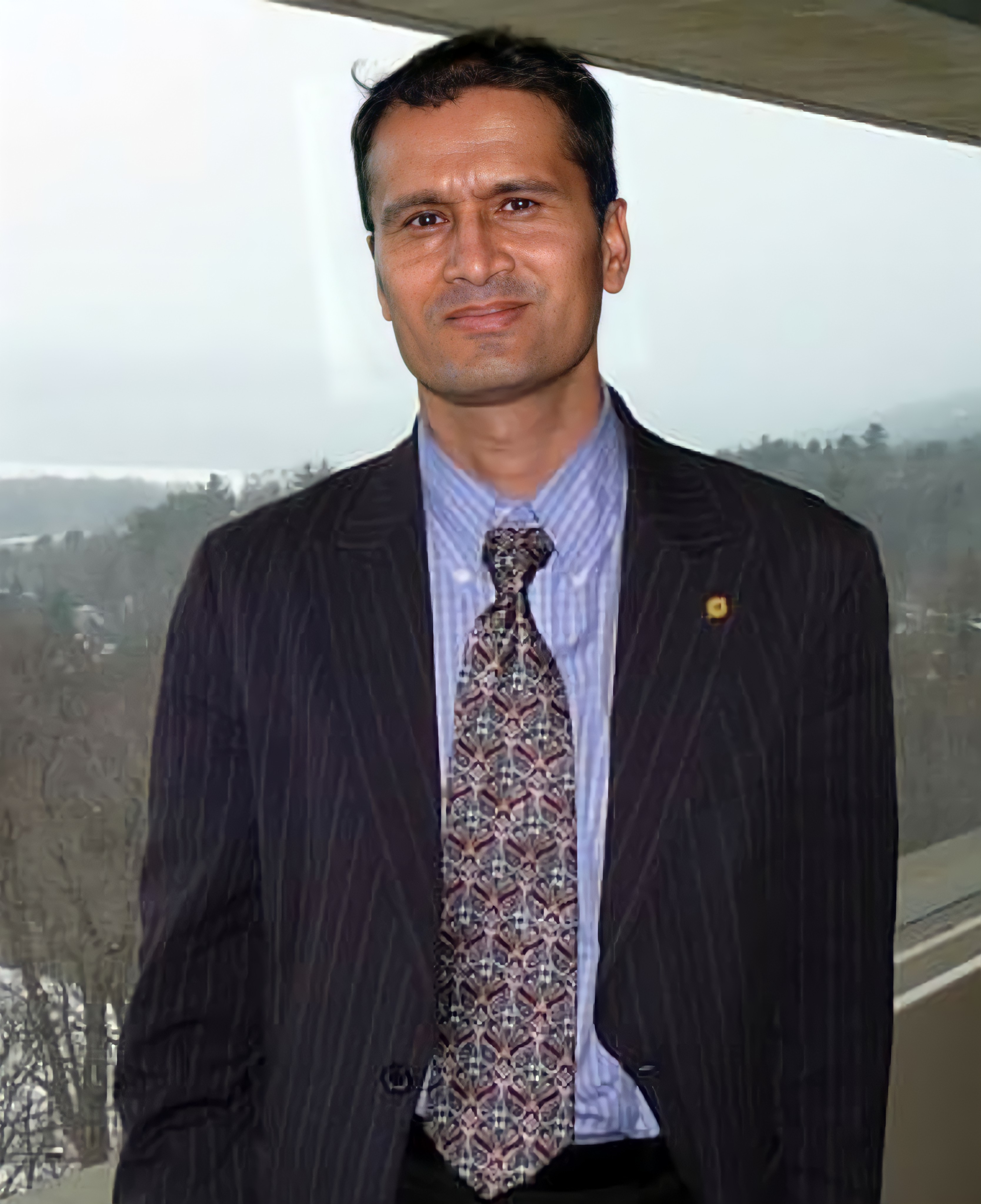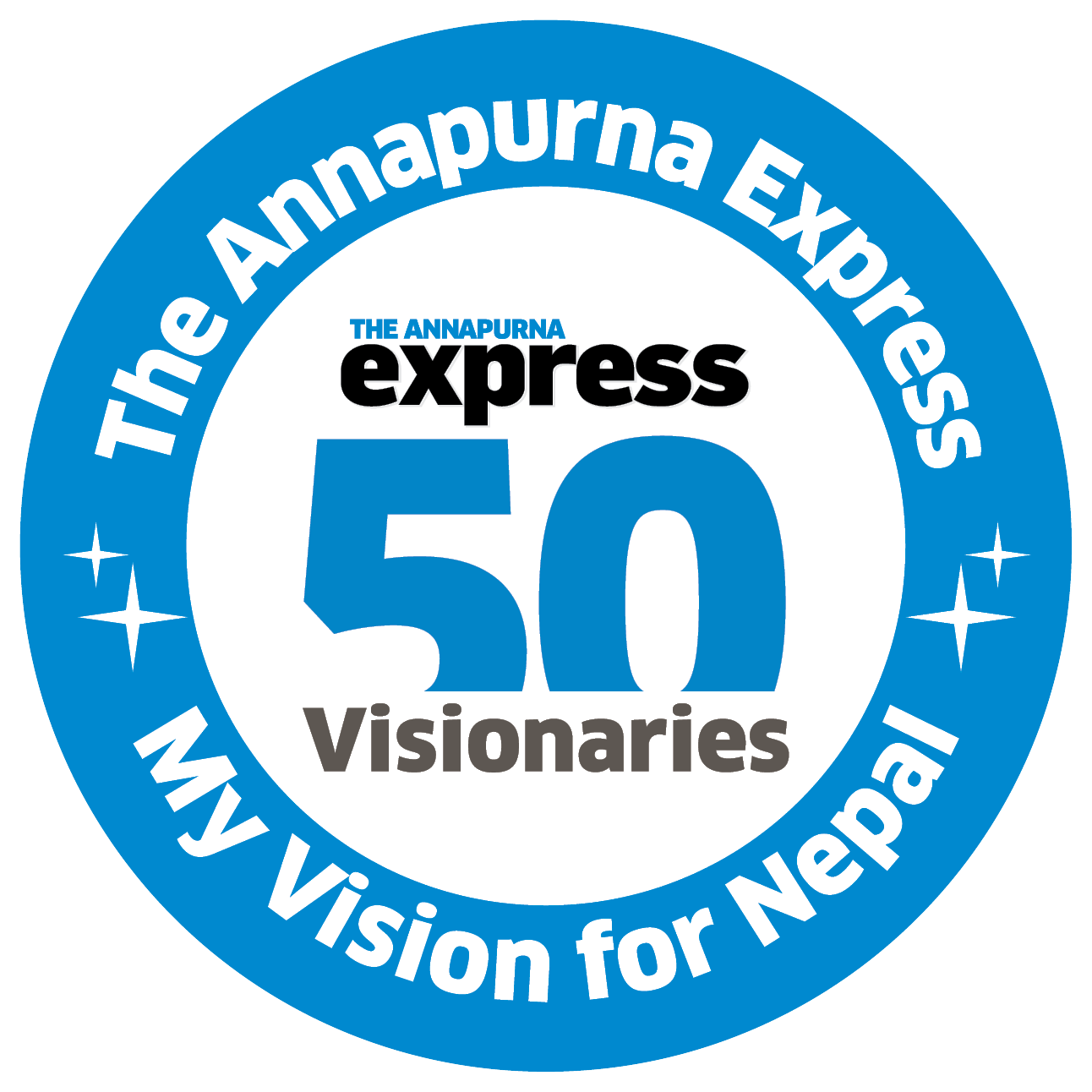Make Nepal a land of knowledge
Three ways to realize the vision:
1) Recognize Nepal as the country of mountains.
2) Establish at least one knowledge city in the country.
3) Scout for and embrace talents from around the world.
Knowledge is everything. It sustains the sectors that drive the country. That is why we should learn to produce that knowledge ourselves.
But for a long time we have been consumers of knowledge. We can’t progress this way. I thus dream of making Nepal a producer of knowledge. We should be able to invite people from all over the world to gain some knowledge from our country.
For a country’s sustainability, it needs many factors, and all those factors at some point touch on the economy. Every developed country’s economy is backed by knowledge. The economy is all about the brain game these days. So, Nepal should also use its minds to fuel the economy and run other sectors simultaneously. If we succeed in this, we will also become a producer of knowledge.
To make this happen, I have three major propositions.
First, we should attract others to experience our uniqueness. Mountains are what make us unique. We do have the Tarai, which is an important part of the country, but the Tarai is integrated with the Himalayas. We are better known as the land of mountains. So, our plans should always involve the mountains and developing them as the land of knowledge.
Second, we should develop the entire country as a large city of knowledge. Before doing that, we should establish some knowledge-cities as pilots, or, let’s say, role models. If not a few, we must create at least one.
Also read: Sampada Malla | Take Nepali films to the international stage
This knowledge city will work like an ecosystem. In this city, there will be both consumers and producers of knowledge, along with all the institutions we need for comfortable life. Every sector will get the privilege to feel like they are the center of the city as there will be equal participation and coordination among all—the same as an ecosystem where each organism feels like they are the primary being.
I also have ideas on turning this vision into reality. We are not dreaming of creating this city in the middle of nowhere. It will be possible only with the pooling of some residential areas. The government should help pool human settlements to our special-knowledge economic zone. Then the authority will pool everyone’s land in a planned way. They will return 70 percent of land to each owner. And among the ‘leased’ 30 percent of the land, one-third will be exclusively planned for knowledge where various institutions will be built. The remaining two-thirds will be used for other necessities like hospitals, industries, and shopping malls.
You may ask, why do we need a knowledge city? In the city if one sector faces a problem, it will be able to quickly seek a solution from other sectors. It will make us efficient and competitive. And if you ask why develop it as an ecosystem, I will say ‘because it’s a collective initiative’.
And at last, we should welcome foreign talents because, without learning, we cannot produce. We should treat them well and provide space to professors and experts who contribute to our country. For instance, the German-born Albert Einstein went to Princeton University in the US. But he could have come to Nepal too.
We could create a beautiful environment in the knowledge city where the largest knowledge institutions in the world would like to station their headquarters. There will be national and international consumers and producers. And also, to produce or teach, we have to consume/learn first.
With the right steps at the right time, we could then move to my national vision of making Nepal the land of knowledge, the producer of knowledge. This is what a real renaissance would look like.

Quick Questions:
Who is one person you would credit for your success?
Youths drive any country’s transformation. So for my success I won’t credit a single person but the entire youth population who inspire me to work.
Which one book has influenced you the most?
Mahabharat.
One quote you live by?
There is a verse in Geeta: “devan bhavayatanena te deva bhavayantu vah, parasparam bhavayantah shreyah param avapsyatha” which means ‘except me, everyone/everything around is the form of god’.












